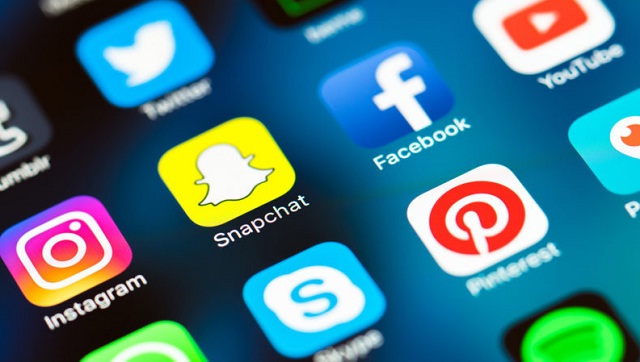
How social media promotes radical extremism with a high potential to undermine democracy as we know it
THE LAST WORD | ANDREW M. MWENDA | Democracy is in crisis. Globally. The risk is not the effort of tyrants. It is the naivety of liberals. For a century, two institutions underpinned democracy, political parties and the mass media. Political parties provided organization to aggregate and articulate interests. The mass media offered a platform through which interests could be publicly expressed. Both these institutions were centrally organized, with filters editing the tone of the interests that gained public expression. Their success lay in the ability to build a consensus by moving opinions towards the center. How?
In the West, political parties were largely divided between the right and the left. These formed the ideological base of each party. Large democracies like the USA, UK, France and Germany were dominated by two parties –right and left. In the smaller democracies of Belgium, Holland, Norway, Sweden, etc. no single party could win an outright majority and therefore relied on coalitions to govern. Italy is a large democracy without two dominant parties that spread along the right and left continuum.
But in all these cases, no political party could win an election by relying entirely on its base. So, during elections the real contest was over the center. This therefore forced political parties to moderate their policy and other positions to win centrists. The same applied to the mass media. In order to win a large audience, most media sought to appeal to a wider audience and could therefore not afford ideological purity. Those who sought purity built a fanatical following but remained fringe media.
Political parties brought together diverse and sometimes conflicting interests and held them together through negotiation and compromise. Those with radical ideas and intolerant of divergent views were often disciplined or even thrown out of the party. Outside of the mainstream parties, one could only form a fringe party without hope of capturing power singly. Those that got a chance to sit in cabinet only did so by being part of a coalition with a large traditional party. This meant that they had to moderate themselves.
The mass media acted in similar ways. At the heart of a democracy is the idea that the public should be well informed if they are to make a good choice. Media had therefore to be not only truthful but also accurate; it had to be fair and balanced, it had to try to be impartial and objective and it had to provide context. These are the values that define traditional journalism. To publish or broadcast anything, it had to go through gatekeepers – editors, subeditors, proof readers etc. And it had to be subjected to the house style of the media institution, its rules and values.
Studies show that when someone is writing something and knows that it is going to be peer reviewed before it is published, they tend to be more thoughtful, more factual, and more moderate. They also avoid making extreme claims and assertions. However, when restraints for review and approval are removed, people’s intellectual thoroughness declines as does their attention to the factual accuracy. Thus, by providing these filters, the mass media moderated public debate and improved its factual basis.
Then comes social media. This has turned the tables upside down. To post anything on social media, someone has no gate keepers. And to be effective, one needs to stand out of the crowd and be bold and radical. The more extreme one’s claims, the more it tends to attract the attention of the micro communities that populate this space. Human beings suffer from confirmation bias i.e. we often look for claims and opinions that agree with our preexisting, prejudices, biases and beliefs. Hence each micro community on social media will attract a community of like-minded people.
 The Independent Uganda: You get the Truth we Pay the Price
The Independent Uganda: You get the Truth we Pay the Price






You don’t explain how the naivety of liberals undermines democracy. You rightly observe, in my opinion, that the more stable governments tend to be centrist. If we look at the American example, both parties have tended to field centrist agendas until Mr. Trump (a conservative) walked in and swung the pendulum to the far right. Like you infer, trump exploited social media to sell unchecked lies like the birther conspiracies that built him a platform and later a political base. Some of the most nefarious online news sites like inforwars, breitbart?, q anon are all right. So much for liberal naivety